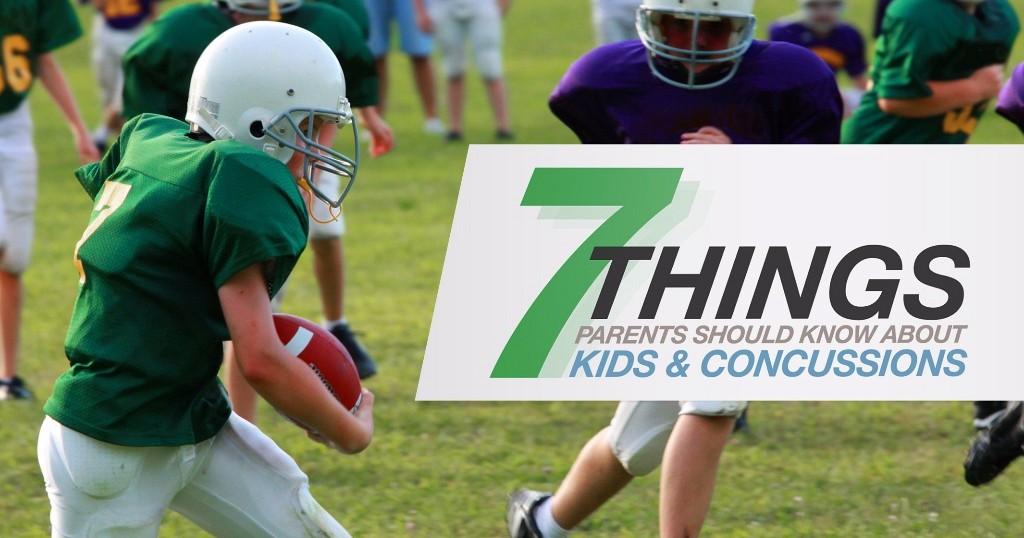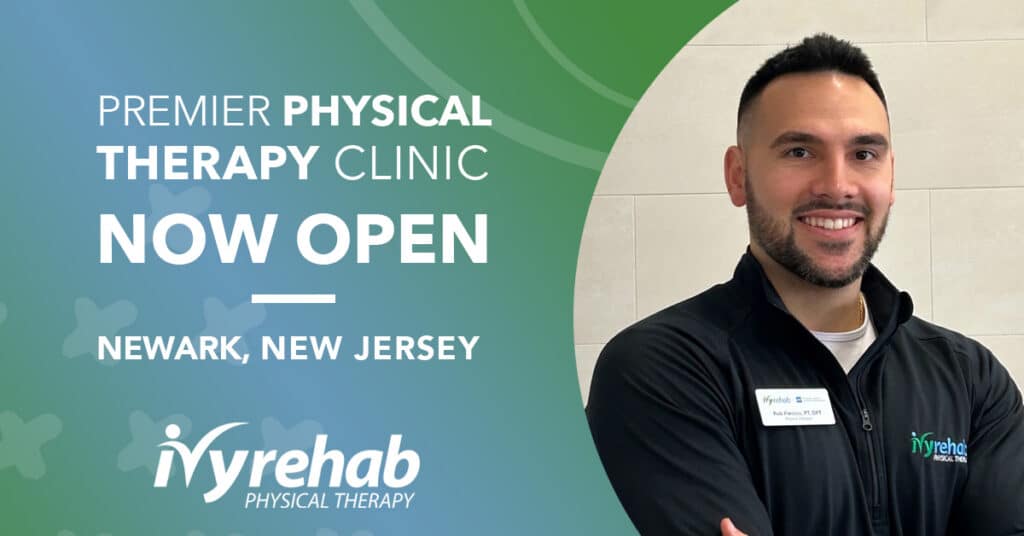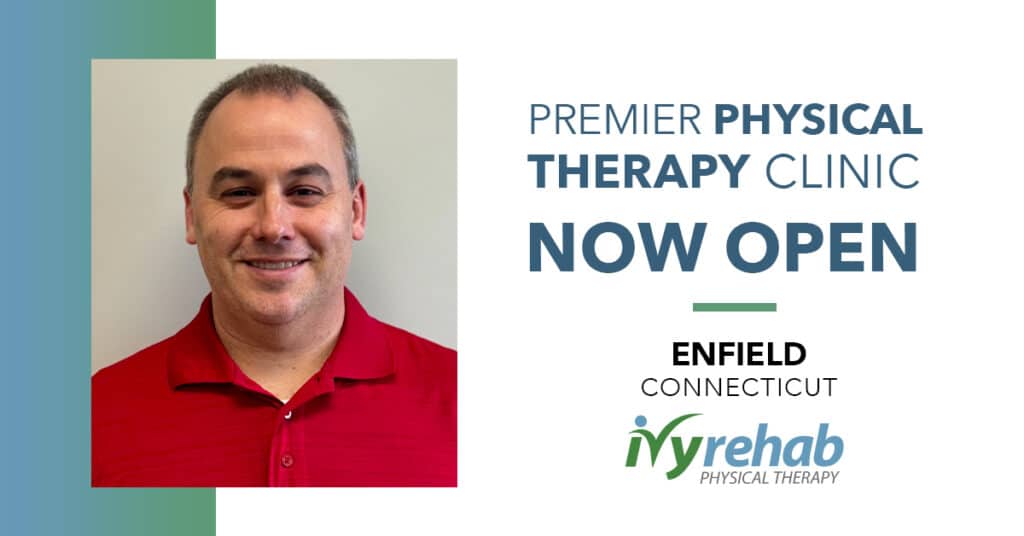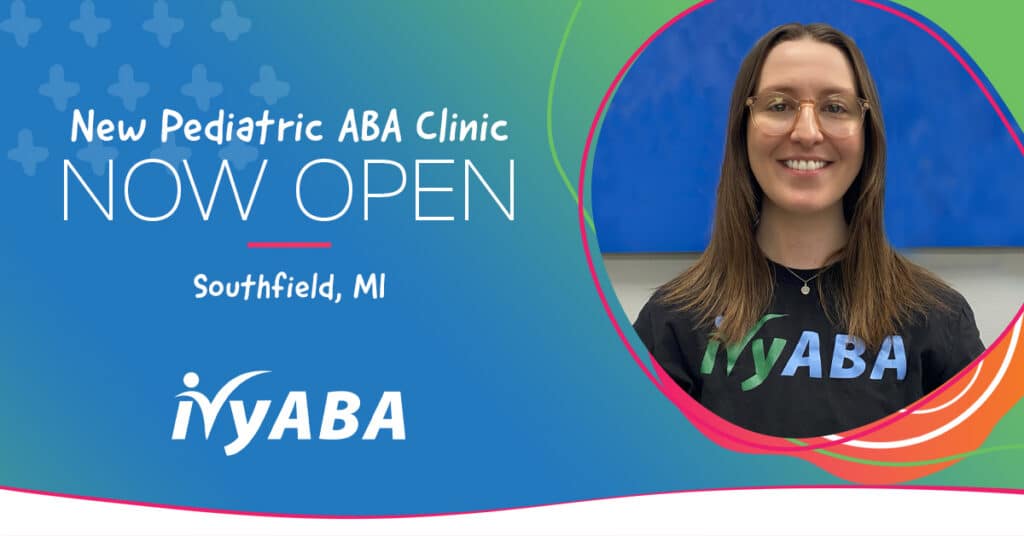In recent years, concussions have been in the spotlight – especially in football. Back in 2014, after mounting public pressure and even a congressional hearing, the NFL rolled out strict “Diagnosis and Management of Concussion” guidelines. Since then, awareness of concussions in professional and collegiate athletes has grown.
But concussions in children can be just as serious — and often harder to recognize. Kids don’t always report their symptoms, and many parents aren’t sure what to look for. That means concussions in young athletes are frequently underreported or overlooked, which can affect not only sports performance but also school, behavior, and long-term health.
For a broader look at how concussions affect adults, read our guide on undetected post-concussion symptoms in older adults.
The truth is, many parents still don’t know exactly what a concussion is, how to recognize it, or what a treatment plan should look like for their kids. To help parents feel more prepared, we’ve put together a list of the 7 things parents should know about concussions in children.
1. What causes concussions
A sports-related concussion is a mild traumatic brain injury caused by a blow (direct or indirect) to the head, face, neck, or body. The impact causes the brain to shift inside the skull, which can lead to injury and sometimes loss of consciousness. Although football and boxing are well-known for concussions, they can occur in any contact sport, including soccer, hockey, wrestling, and cheerleading.
2. What to look for with concussions
Recognizing a concussion starts with knowing the signs. Most concussions do not involve loss of consciousness, and symptoms can take hours or even days to appear. This makes it critical for parents, coaches, and teammates to stay alert after a head injury.
For a more detailed checklist of warning signs in children, see our concussion awareness guide for young athletes.
3. After the hit
A minor bump may just leave a lump, but a concussion can cause a range of symptoms. Common ones include:
- Headaches
- Nausea or vomiting
- Amnesia or memory problems
- Balance issues
- Behavioral changes
- Difficulty sleeping
- Sensitivity to light or sound
- Drowsiness or fatigue
- Loss of consciousness
4. Stop activity and test for concussions
If you suspect a concussion, remove the player from the game right away. Continuing to play increases the risk of serious brain injury. On the sidelines, a licensed healthcare provider can perform quick tests to check memory, balance, vision, and neurological function. If the athlete can’t pass, they should not return to play. If no provider is available, seek medical care immediately.
5. Medical examination after a concussion
After initial testing, a comprehensive medical examination is needed. This typically includes checks of neurological function, memory, eye movements, vestibular function, balance, and walking. In some cases, a CT scan may be ordered to rule out more serious injury.
6. Concussion treatment
Rest is important in the first 24-48 hours. After that, light activity that doesn’t worsen symptoms – such as short walks or simple tasks – can actually help recovery.
Structured “return-to-play” and “return-to-learn” protocols guide this process. In most cases, a six-step program gradually increases activity, with each step spread over 24 hours. If symptoms return, the athlete goes back to the previous step before trying again.
To better understand how structured recovery works, see our resource on step-by-step concussion recovery guidance.
7. Recovery after a concussion
Most young athletes recover in 10-14 days, though some need longer. A child is considered clinically recovered when they can return to school, sports, and normal activities without symptoms.
When to Seek Emergency Medical Care
Most concussions improve with time and rest, but some symptoms signal a more serious problem and need immediate medical attention. Parents should watch closely for these red flags after a head injury:
Emergency signs to watch for
- Repeated vomiting
- Severe or worsening headache
- Seizures or convulsions
- Slurred speech or trouble walking
- Inability to recognize people or places
- Prolonged loss of consciousness
- Unusual behavior, extreme irritability, or confusion
If your child experiences any of these symptoms, call 911 or go to the emergency room right away. Prompt evaluation helps rule out serious complications like bleeding in the brain.
How Long Does Recovery Usually Take?
Concussion recovery timelines vary depending on the child’s age, overall health, and whether this is their first concussion. Most children start feeling better within 1–2 weeks, but some may need several weeks to fully recover.
Factors that can affect recovery:
- Younger children may need more time than teens
- Returning to sports or schoolwork too quickly can delay healing
- Repeated concussions increase recovery time and risk of long-term effects
The most important thing parents can do is follow their healthcare provider’s guidance and avoid rushing the process.
The bottom line
Concussions in children are serious, underreported, and too often misunderstood. If you suspect your child has a concussion, see a physician right away. Physical therapy can play an important role in recovery, from managing neck injuries caused by impact to addressing balance and vestibular issues that cause dizziness, fogginess, or unsteadiness.
If your child has experienced a concussion, request an appointment at Ivy Rehab. Our concussion management therapies provide the expert care kids need to recover safely and return to the activities they love.
Michael Lenart, DPT
Ivy Rehab in Hackensack, NJ





